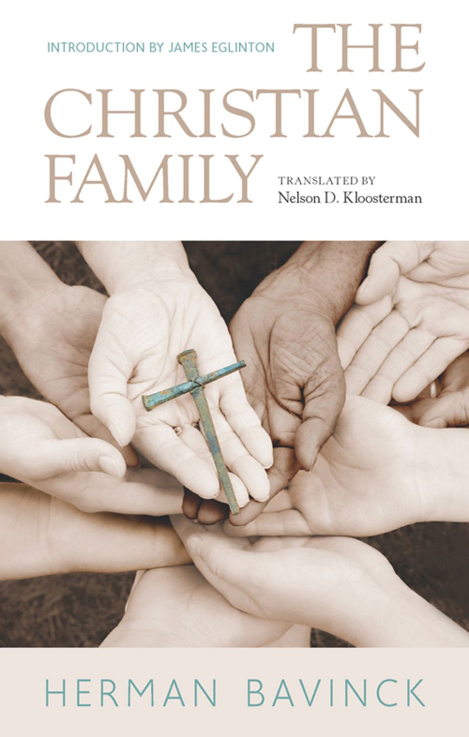
Hoselton begins by surveying the range of evils that “threaten the well-being of the home,” as well as the dire state of the cultural landscape as it pertains to such matters. “No family evades the consequences of evil,” he concludes.
Yet he wonders: “Does the problem lie in the institution of the family itself? Would the world be better off if we abandoned the family altogether?”
Relying heavily on Bavinck, Hoselton argues that society needs a heavy dose and renewed sense of Christian theology if the family is to truly flourish. “Christians may not permit their conduct to be determined by the spirit of the age,” Bavinck writes, “but must focus on the requirement of God’s commandment,” showing “in word and deed what an inestimable blessing God has granted to humanity” with the gift of family.
Hoselton proceeds to offer the following key points as an initial foundation for the type of framework that’s needed:
God created the family beautiful and good. God is the most committed advocate for the family. “The history of the human race begins with a wedding,” and God himself officiated it. He created a compatible partner for Adam as a gift, blessed the couple, and commanded them to bear his image, multiply families, and subdue the earth (Genesis 1:28). As Bavinck said, “God’s artistic work comes into existence bearing the name of home and family.” God created humans to reflect the relational love within the Trinity, and he appointed the family as the supreme instrument toward this end.
Sin has ravaged the family. When Adam and Eve first disobeyed God, they “sinned not only as individuals” but “also as husband and wife, as father and mother.” Sin delivered a devastating blow to the home. It introduced “disunity between Adam and Eve,” filled “Cain with hatred against Abel and incited him to fratricide,” and it “led Lamech into polygamy.” Sin poisons the health of our relationships—first with God and consequently with spouse, parent, child, sibling, and neighbor.
Christ offers the family hope. God did not leave the family in defeat. In fact, he still had big plans for it. After the fall, God promised Eve that her offspring would conquer evil (Genesis 3:15). As Bavinck writes, “In the Son born from her, the woman and the man once again attain to their calling.” Jesus Christ is the only human being to never sin against his Father in heaven and his family on earth. His death for our sins offers hope for forgiveness and reconciliation not only with our earthly families but also with God our Father. Although earthly marriages remain imperfect, they represent the love between Christ and his people more than anything else in creation. Bavinck concludes his book with these hope-filled words: “The history of the human race” also “ends with a wedding, the wedding of Christ and his church, of the heavenly Lord with his earthly Bride.” In Christ, the family finds significance, purpose, and hope.
Such “significance, purpose, and hope,” we should remember, is what the Gospel is all about, and it stems from the family into every other sphere, social, economic, and otherwise.
Read Hoselton’s full review here.
Purchase The Christian Family.
[product sku=”1303″]